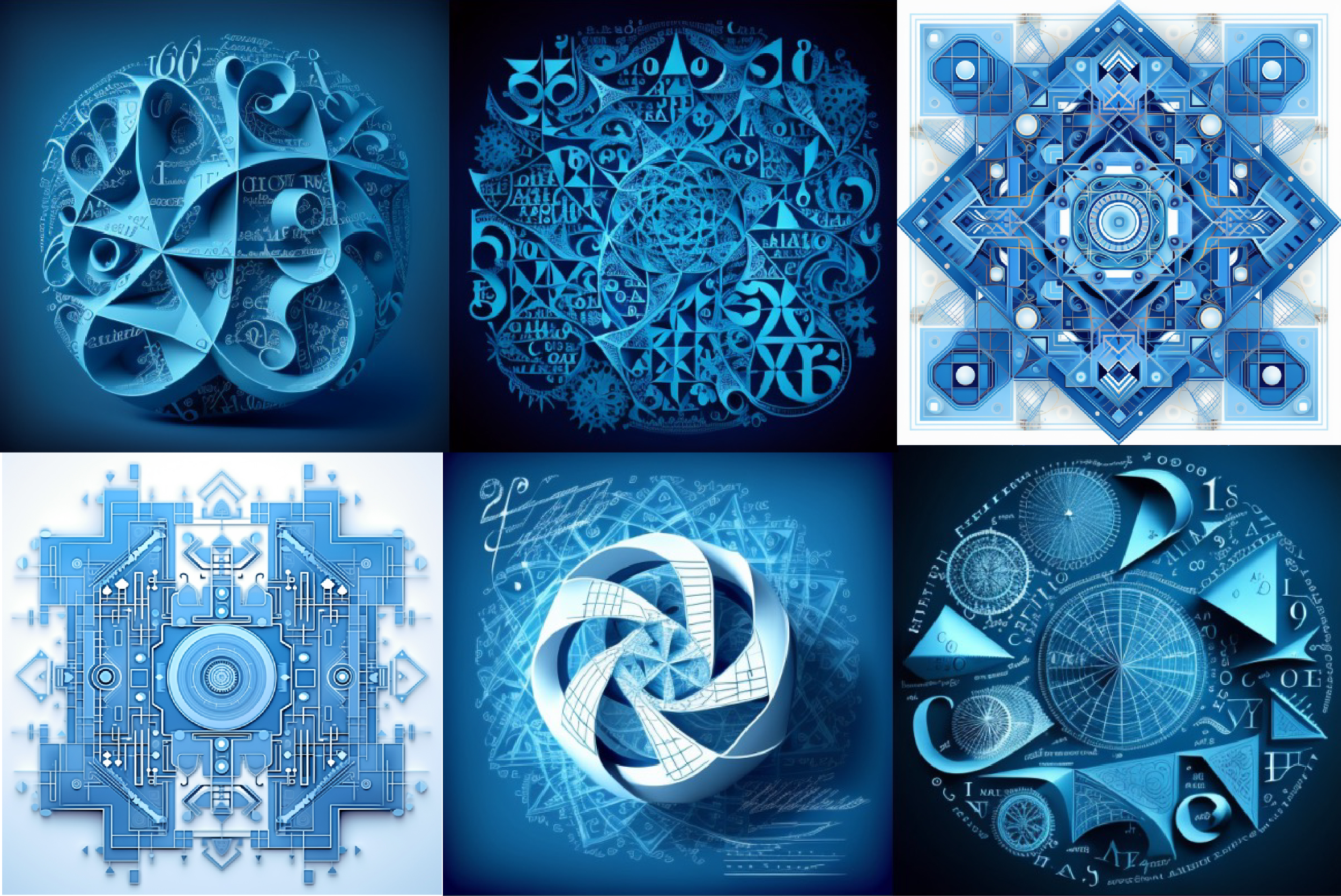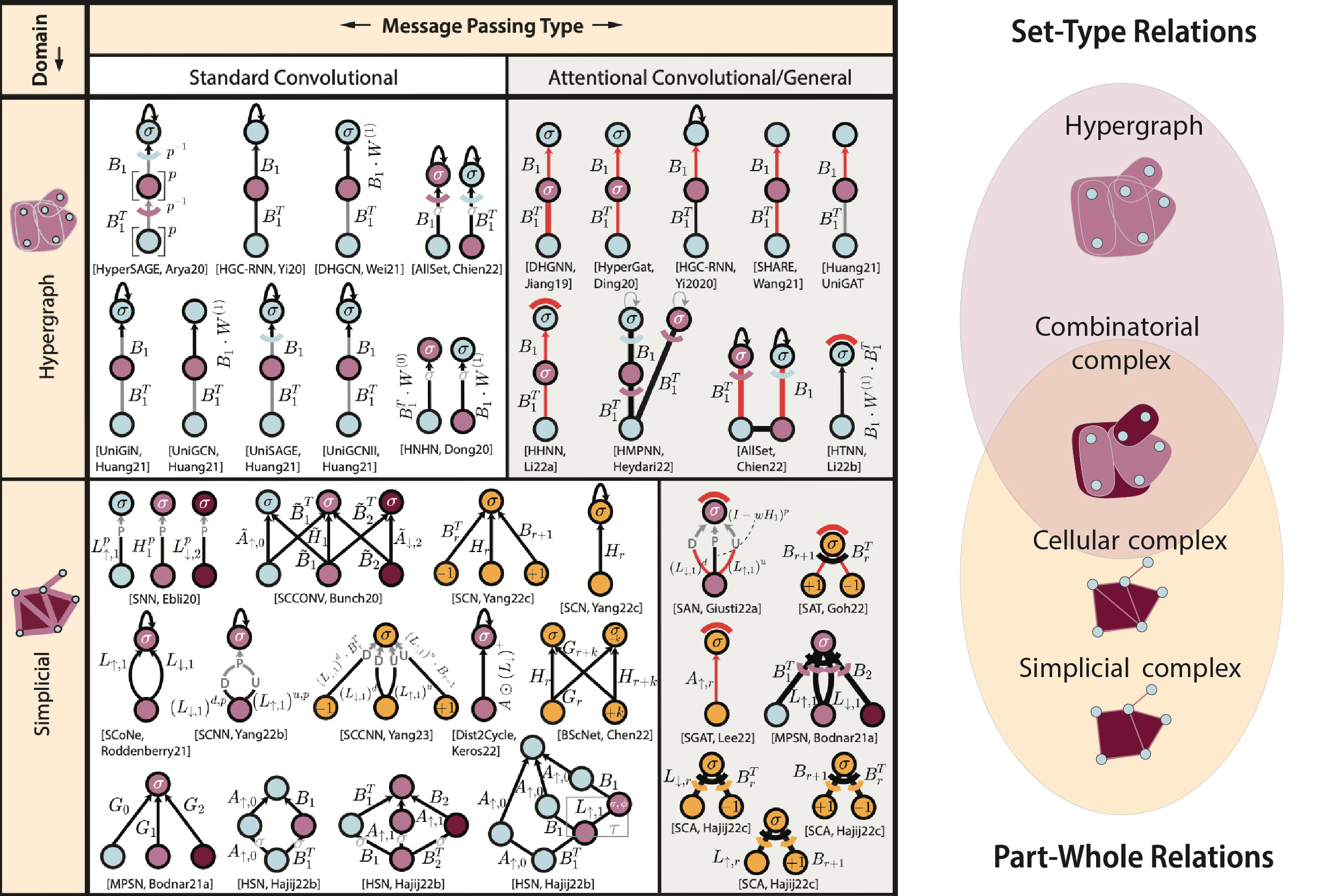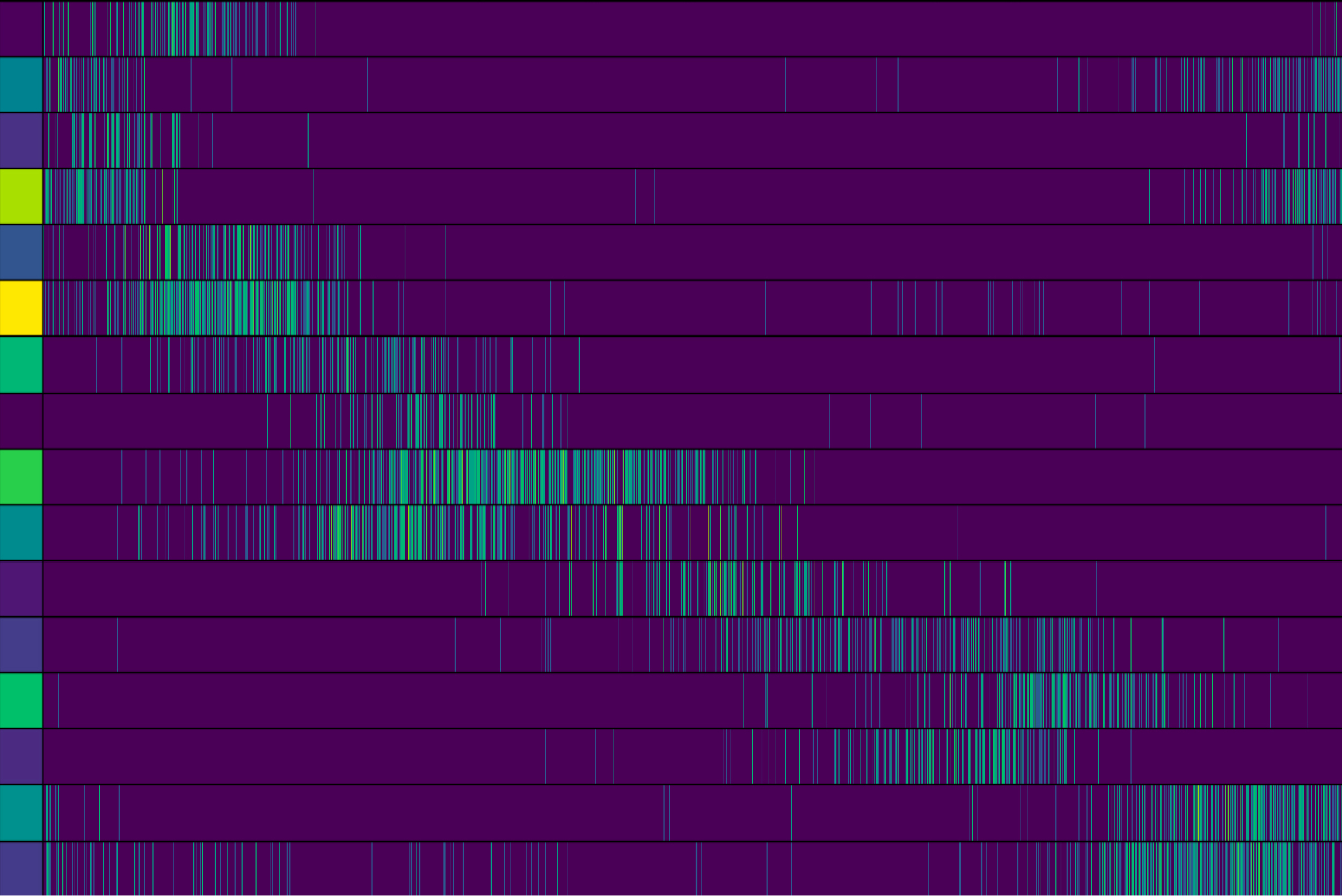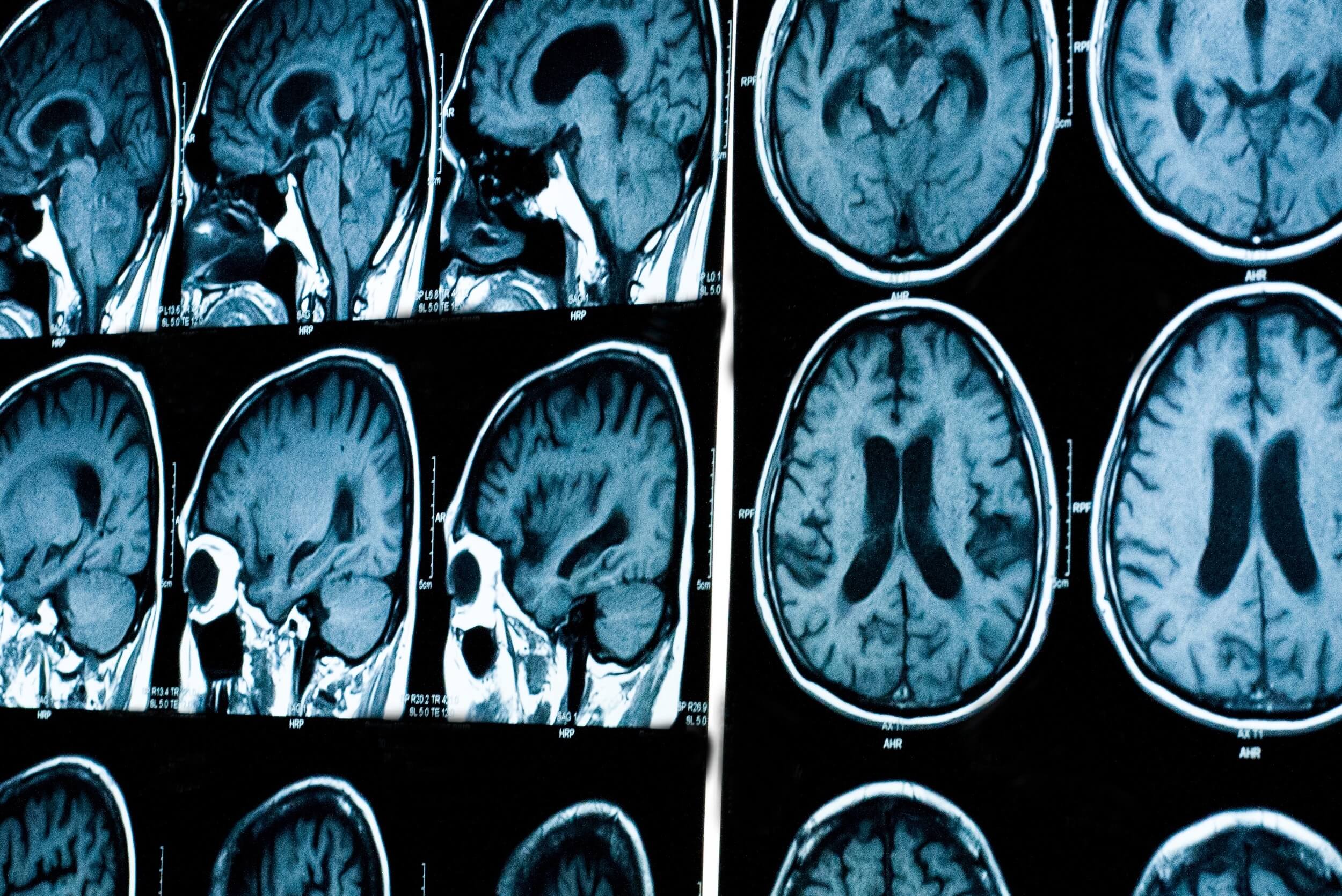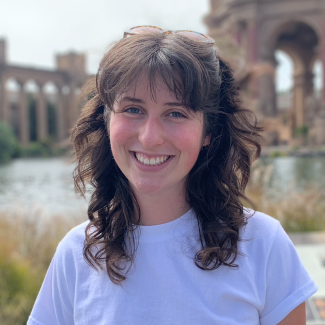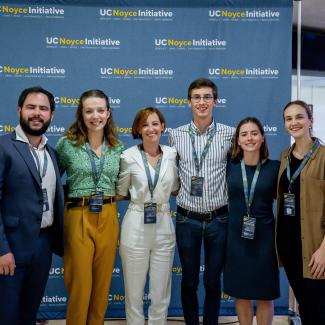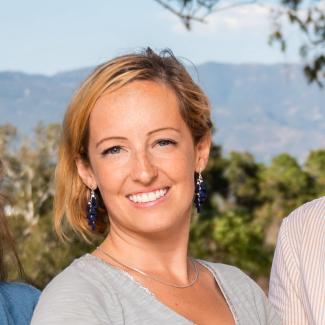We reveal the geometric signatures of natural and artificial intelligence.
We are physicists, neuroscientists, statisticians, mathematicians and computer scientists who develop methods to understand intelligence in human and artificial neural networks.
We use tools from geometry, topology, computer vision, machine learning and deep learning to reveal the structures of intelligence. Our findings inspire us to build next–generation intelligent systems: Geometric AI.
By creating geometric computational representations of human and artificial brains at different scales, we aim to transform theoretical, computational and clinical brain sciences. For the latter, we work with clinicians to advance medical knowledge and AI-assisted medical practice for brain sciences.
Geometric Intelligence Research
Geometry
The concepts of geometry and shapes are very intuitive to the human eye. How can we express and quantify geometries and shapes mathematically and in a computer? Learn more.
Artificial Intelligence
We research foundations of geometric deep learning and topological deep learning and ask: what is the geometry of a deep learning model? Can we build a geometric model of the (artificial) mind? Learn more.
Natural Intelligence
We explore the neural manifold hypothesis which postulates that the activity of (biological) neurons forms low-dimensional geometric subspaces -- the neural manifolds -- that reflect the structure of the outside world. Learn more.
Intelligence-Based Medicine
What are the geometric signatures of neurodegenerative diseases: what does a brain shape tell us about the progression of Alzheimer's disease? Why are women are twice at risk of Alzheimer's compared to men? Learn more.
Latest News
Louisa Cornelis Receives the Prestigious NSF Graduate Research Fellowship (GRFP)
Louisa Cornelis, Ph.D. in the Geometric Intelligence Lab, has been awarded the prestigious NSF GRFP fellowship. She will receive 3 years of funding to develop novel cutting-edge methodology to analyze proteomics data for women’s brain health.
This award recognizes her as an outstanding graduate student & high-achieving early career scientist!
Read MoreLouisa Cornelis Receives the Prestigious NSF Graduate Research Fellowship (GRFP)The Ann S. Bowers Women's Brain Health Initiative Launches in San Jose, CA
The UC Noyce launch of the Ann S. Bowers Women's Brain Health Initiative (WBHI) launched at The Tech Interactive in San Jose on November 16, 2023. World-class scientists from five University of California campuses, including researchers from the Geometric Intelligence Lab at UC Santa Barbara, united to share their cutting-edge research with the public. The director of the Geometric Intelligence Lab, Nina Miolane, was appointed as the director of the Artificial Intelligence branch of the WBHI.
Read MoreThe Ann S. Bowers Women's Brain Health Initiative Launches in San Jose, CANina Miolane Receives the Prestigious NSF CAREER Award
Nina Miolane, PI of the Geometric Intelligence Lab, receives the NSF CAREER award, the most prestigious NSF award for early-career faculty to develop geometric methods for natural and artificial intelligence.
Read MoreNina Miolane Receives the Prestigious NSF CAREER Award